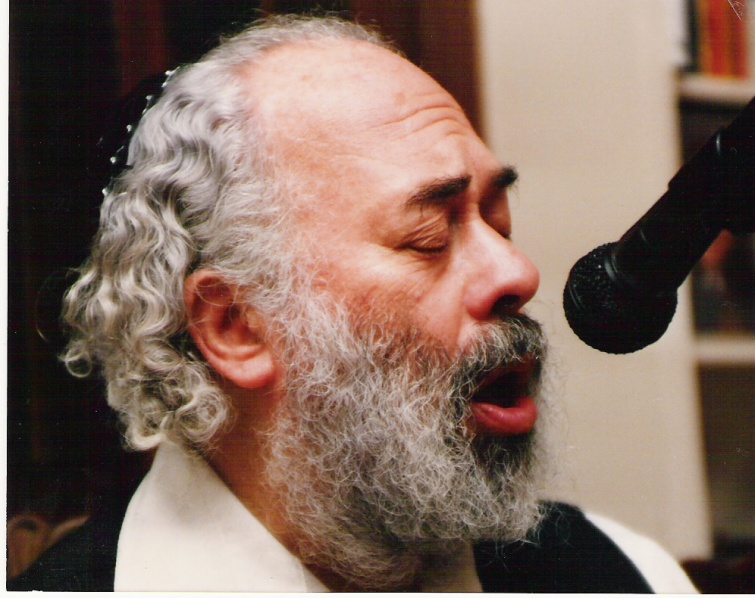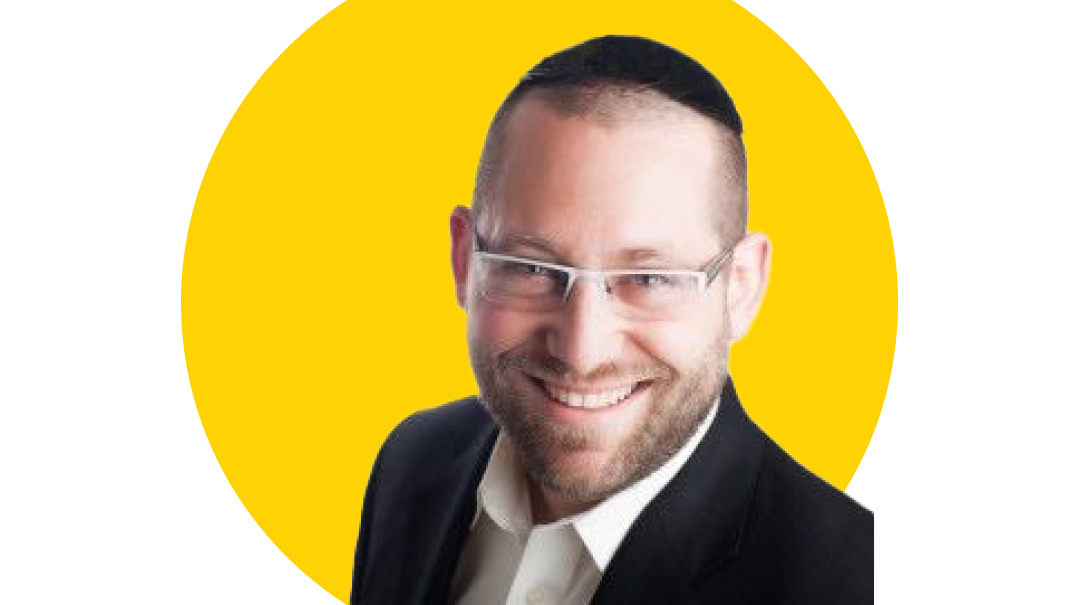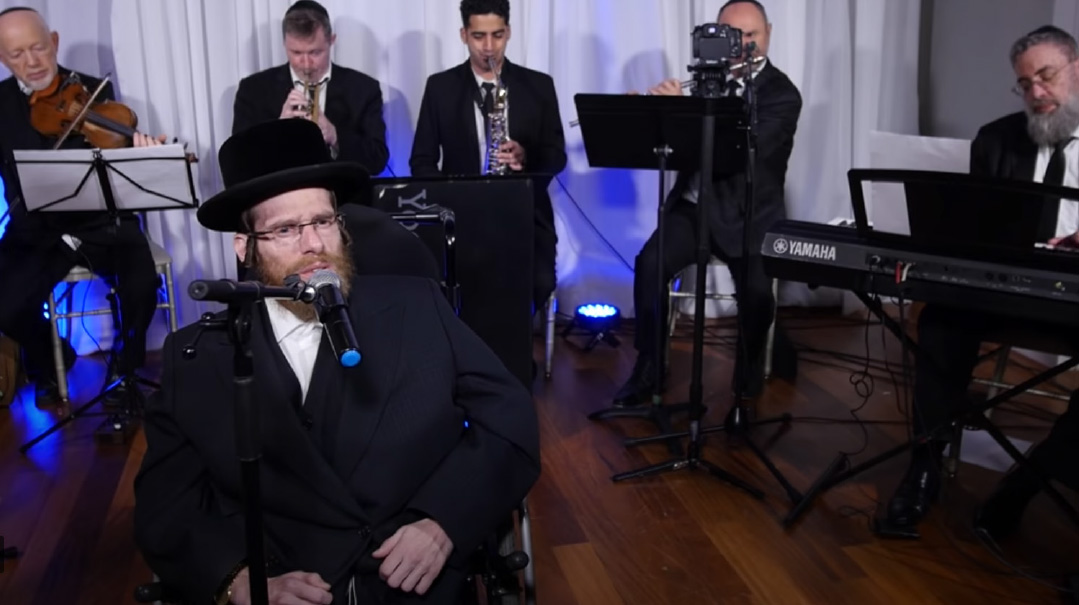Carlebach Fans Share Their Favorites

There are many fans of Shlomo Carlebach’s music. Here, some prominent fans share their own personal favorites in the Carlebach repertoire

Rabbi Moshe Grylak, editor-in-chief, Mishpacha Magazine:
I will share something personal. More than a half-century ago, a group of us bochurim traveled from the Ponevezher yeshivah to the Galilee, where we hoped to influence the new immigrants who were placed in camps there. Our group included Rav Menachem Cohen, today a member of this magazine’s editorial board, and others. We were called Peylim, and our goal was to convince as many of the Yidden as we were able to send their children to Torah schools, and to encourage them to withstand the relentless campaign by the left, who were prepared to do anything to claim these children as their own.
On our trips, there was always a strong undercurrent of fear, for there were stories of the counselors at these camps, and how they had beaten the determined yeshivah bochurim who would dare enter their territory.
So when we felt scared, we would sing the new songs of Shlomo Carlebach, particularly “Al tira m’pachad pisom,” which would strengthen us. Another favorite was “Haneshama lach” which was our plea to Hashem to be compassionate with us, “chusah al amalach.”
Avraham Fried:
Besides the famous tune for “Mimkomcha,” which is sung in shuls all over, there is a slower, more classical piece for the same words. That song touches me in a special way.
Mordechai Ben David
Over the years I’ve sung many of Shlomo Carlebach’s songs all over the world and I've had the honor of sharing the stage with him many times, even singing a duet with him at the HASC concert. His warmth and love captured everyone’s heart. He was certainly a legendary composer and singer whose many hit songs will live on forever, and are sung at Yiddishe simchos all over the world. There is no way I can pick one particular song of Reb Shlomo as my favorite; there are simply so many great ones.
Lipa Schmeltzer
I have always felt kind of a kinship with Reb Shlomo, and one of my great regrets is that I never met him in person. It is impossible to choose one particular song that I consider a favorite, because all his compositions — from “Orech yamim,” to “Gam ki eilech” — are really one song, one expression of his soul. That’s why many of them are similar too each other. He wasn’t trying to be innovative or different, just to express what he was feeling.
Rabbi Pinchos Lipschutz, editor-in-chief, Yated Ne’eman:
My favorite tune is “Nachamu ami.” When you hear Reb Shlomo visualizing those eternal words, you can just see the Navi Yeshayahu on a street corner in Jerusalem comforting the broken people. Those eternal words come alive and bring solace to people mourning the Churban today.
Yisroel Williger:
My favorite Carlebach song is “Mimkomcha,” the “other one,” which is slower and more classical.
Yossi Toiv, aka “Country Yossi”:
In the late fifties my uncle Reb Dovid Toiv organized a small gathering one Motzaei Shabbos, featuring a special guitar-playing rabbi who he was friendly with. It turned out to be the first public performance by the now-legendary Shlomo Carlebach. Many years later when I asked Reb Shlomo about it, he recalled wide-eyed, “Yes, Reb Dovid’l is a holy man!” My uncle taught the family “Esa einai.” which he learned that night, and which eventually become a Carlebach classic.
Stephen Savitsky, president of the Orthodox Union:
I was a big fan of Reb Shlomo’s, and still feel his niggunim reach the neshamah like no one else’s can. My favorite niggun is “Nachamu ami,” as it is my bar mitzvah haftarah.
Rabbi Paysach Krohn:
In the year 2003, 120 Yidden and I stood at the kever achim in the town of Kelm, Lithuania, where the Kelm yeshivahleit and townsfolk were massacred, slaughtered, and buried in a mass grave. Rav Dessler and others have written how the Kelm Yidden marched to their deaths with song on their lips and emunah in the souls. As we cried and said Tehillim for their sacred souls, Dr. Nachum Goldwasser of Miami led all of us in the Carlebach niggun of “Gam ki eilech” – “Though I walk in the valley overshadowed by death, I will fear no evil, for You are with me” (Tehillim 23:4). The haunting tune, with its searing words that we sang together, made that poignant moment one of most moving experiences of my life.
Rabbi Abba Dunner, executive director, Conference of European Rabbis:
My favorite Carlebach tune is “Borchi nafshi.” It reminds me of when he came to London for the first time in the early fifties and we all sat on the floor of the front room of his uncle, Rabbi Heini Cohn, z”l. He sang that song again and again and we were fascinated.
Rabbi Baruch Chait:
It is difficult to answer which niggun is the most memorable, because that depends on the time. I think that Reb Shlomo was of the opinion that “Lemaan achai” was one of his strongest.
Rabbi Yonah Bookstein, outreach activist and founder of the annual Jewlicious Festival:
I used to walk around Poland with an old Walkman in small towns, and buses and trains. I had a few old tapes of Reb Shlomo that I would keep in my backpack as I searched for old cemeteries, shuls, signs of Jewish life. I first began working with the small Jewish community in Poland as a song leader at summer and winter retreats. We played all kinds of classic camp songs, but the one song that I brought that seemed to touch all hearts, which we could sing over and over again, was “Esa einai.”
(Originally featured in Mishpacha Issue 286)
Oops! We could not locate your form.













